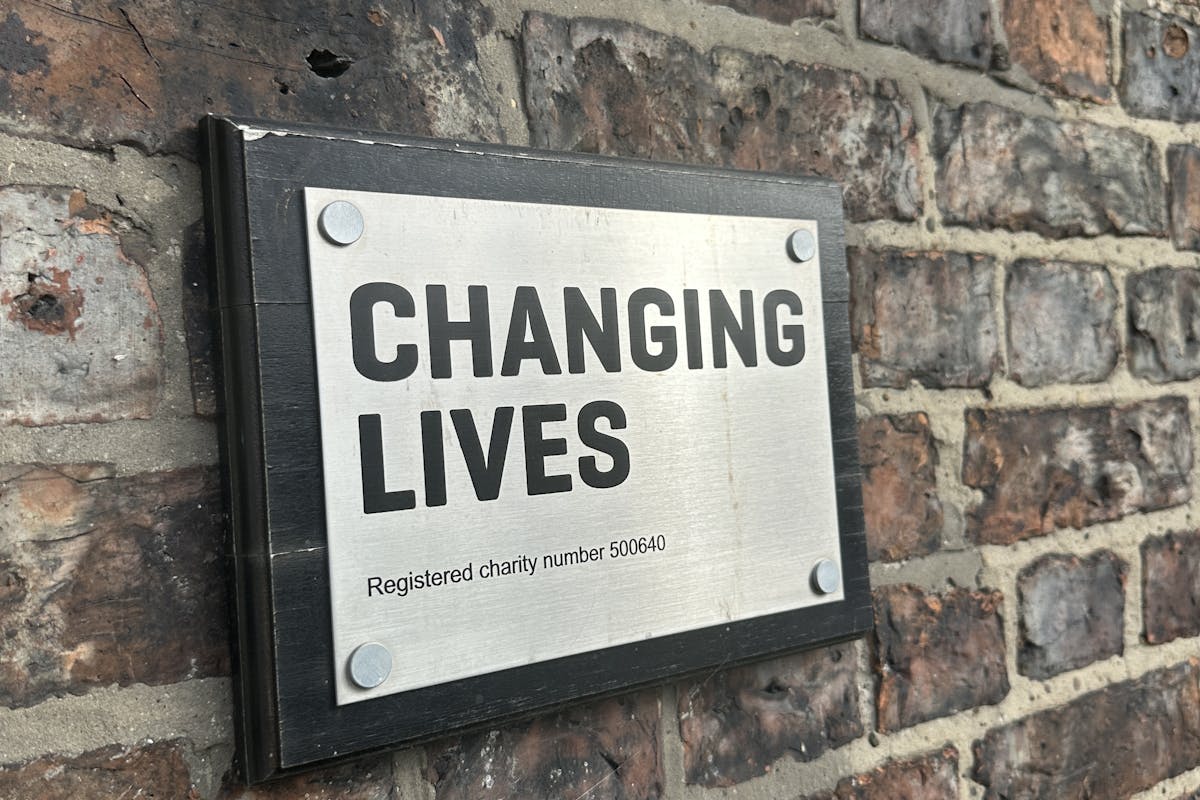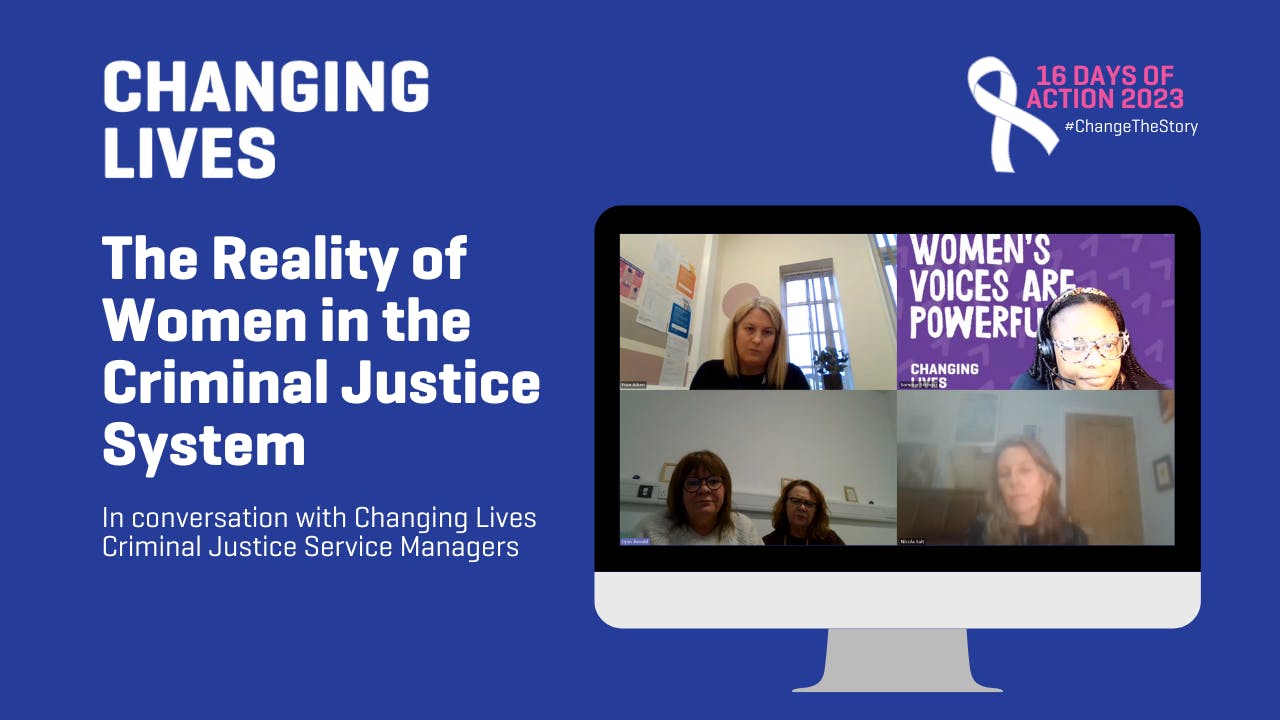Changing Lives' Operations Lead Jay Grech responds to the recent announcement regarding the Probation Service.
This week the Justice Secretary Shabana Mahmood announced plans for the future of the Probation Service, particularly how they are going to deal with the ongoing capacity pressures.
This is a vital discussion as any measures taken to reduce the prison population naturally increase the demand on community probation services instead. The announcement came alongside reports that more people are being recalled to prison due to caseload pressures rather than decisions being driven primarily by public protection. We cannot have people bouncing between probation and prison because neither has the capacity to provide the necessary support.
The government intends to move away from a one-size-fits-all approach to a way of working where probation officers primarily focus on those at higher risk of reoffending. Those at lower risk will be offered earlier intervention around root causes of offending such as homelessness and substance use. This will all be supported by new technology to reduce the administrative burden as well as recruitment of additional probation officers.
We have long called for efforts to reduce the prison population, especially amongst women, but have also warned that it is not reasonable to continue piling pressure on an already overstretched Probation Service. Therefore we welcome this forward thinking which will hopefully allow initiatives like the Women’s Justice Board to be more effective.
There are of course several unanswered questions:
- What will this early intervention for people at lower risk of offending look like? We advocate for intervention at the earliest point possible – i.e. sooner than probation would normally get involved – so hope to see additional funding for diversion and bail support schemes to prevent people reaching court and probation in the first place.
- Commissioned services such as those provided by Changing Lives are likely to be a key part of the solution for the lower risk cohort, so what support will be provided to ensure that this intervention is as early and effective as possible? Will any of the new technology also be rolled out to commissioned services who are also burdened with high admin levels?
- How will other services that sit outside of the justice system such as housing and addiction and recovery services be supported to play their role in early intervention and support for the low risk cohort?








